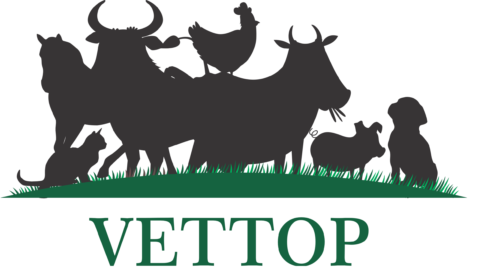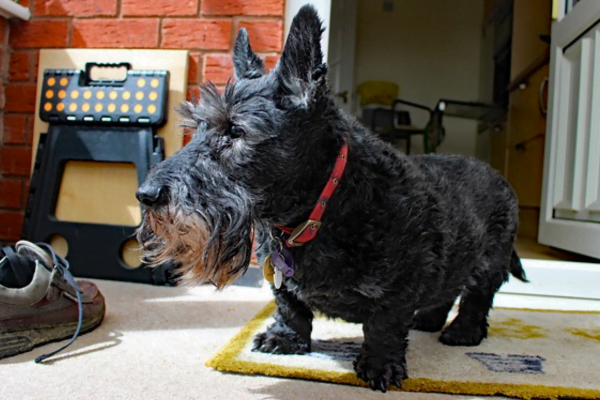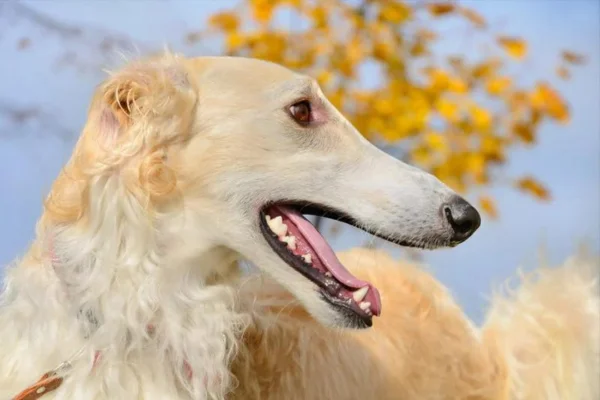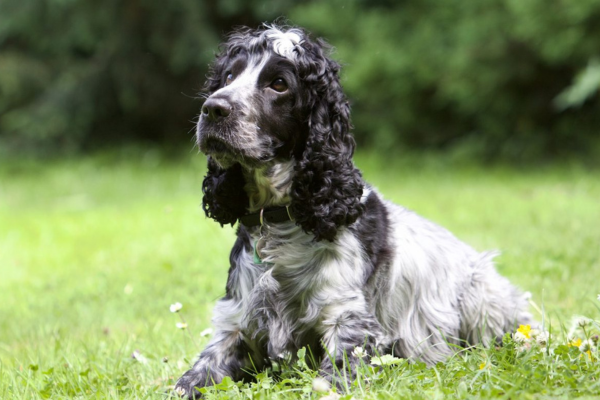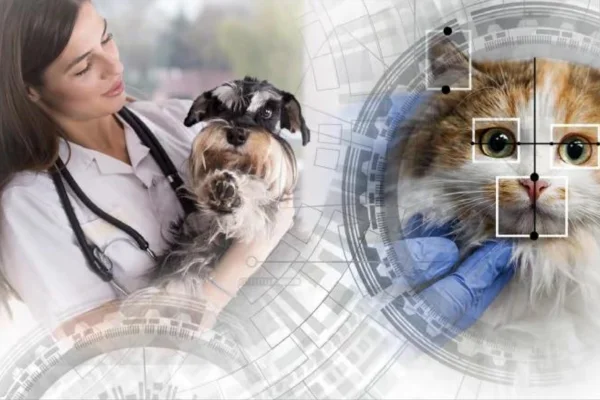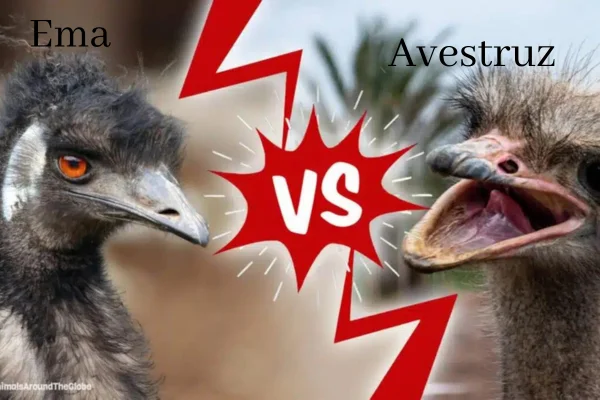Senior Dog Food: Keeping Your Furry Best Friend Happy and Healthy in Old Age
Introduction: Senior Dog Food
As our faithful canine companions get older, their nutritional needs change. Just like humans, elderly dogs require a specialized diet to ensure they enjoy a long and healthy life.
Choosing the right senior dog food is an essential part of caring for your furry friend. In this comprehensive guide, we'll explore everything you need to know about the best senior dog food, including useful tips and answers to frequently asked questions.
Contents
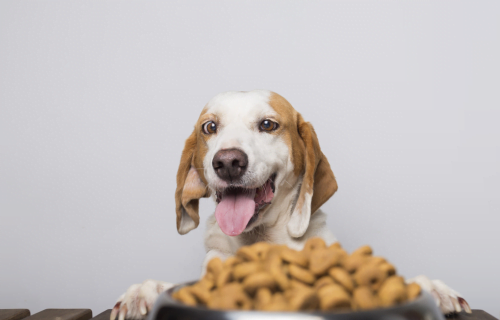
Senior Dog Food: What You Need to Know
Older dogs have different dietary needs from younger dogs. With age, they can face problems such as less physical activity, changes in metabolism and even specific health issues. Here are some important considerations when choosing the best food for your elderly dog:
https://cuidar.petlove.com.br/racao-golden-formula-caes-senior-3102821/p?sku=3102821-1
Maintaining a Healthy Weight
Excess weight can lead to a number of health problems in elderly dogs, such as arthritis and diabetes. Choosing a food that is low in calories but rich in essential nutrients is essential. This will help maintain your dog's ideal weight and promote an active and comfortable life.
https://cuidar.petlove.com.br/racao-golden-formula-caes-senior-3102821/p?sku=3102821-1
Joint Support and Mobility
As we get older, many dogs face joint problems. Choosing a food containing chondroitin and glucosamine can help keep joints healthy and promote mobility, allowing your dog to continue enjoying walks and playtime.
Healthy Digestion and Proper Nutrition
Older dogs can have more sensitive digestive systems. Opting for high-quality food with easily digestible ingredients is essential. Look for labels that include lean proteins, fiber and antioxidants, which will contribute to healthy digestion and proper absorption of nutrients.
Chronic Disease Control
Some elderly dogs deal with chronic medical conditions, such as heart or kidney disease. In these situations, a food specifically formulated to meet the dietary needs of these conditions can be beneficial. Always consult your dog's veterinarian before making dietary changes.
Adequate hydration
With age, dogs can become more susceptible to dehydration. Some diets contain a higher water content, which can be useful for keeping your dog hydrated. Also, make sure you always provide fresh, clean water.
Tips for Choosing the Best Dog Food for Older Dogs
Choosing the right food for your elderly dog can be a challenge, given the variety of options available. Here are some tips to help you make the right decision:
- Consult the vet: Before making any changes to your elderly dog's diet, consult the vet. They can offer specific advice based on your dog's health and nutritional needs.
- Read the Labels: Pay attention to the ingredients listed on the feed label. Choose feed that contains lean proteins, whole grains and essential nutrients.
- Consider Texture: Some elderly dogs can face dental problems. Choosing a food with smaller pieces or a soft texture can make chewing and digestion easier.
- Avoid Allergenic Ingredients: If your dog has known allergies, make sure the food you choose doesn't contain ingredients that could trigger allergic reactions.
Frequently asked questions about senior dog food
Can I Keep Feeding My Elderly Dog the Same Food as When He Was Young?
It is advisable to switch to a specific food for senior dogs. These foods are formulated to meet the nutritional needs of older dogs and help combat the challenges of ageing.
What is the Appropriate Feeding Frequency for Elderly Dogs?
Generally, feeding your elderly dog twice a day is an appropriate approach. However, the frequency can vary based on the vet's recommendations and your dog's individual preferences.
How Can I Control My Elderly Dog's Weight?
As well as choosing a low-calorie food, monitoring portions and ensuring that your dog gets regular exercise are effective ways of controlling weight.
Can I Add Supplements to My Elderly Dog's Diet?
Adding supplements to your elderly dog's diet should only be done under the guidance of your veterinarian. Some supplements can be beneficial, but it's important to avoid excesses.
How Can I Make Sure My Elderly Dog Is Hydrated?
As well as choosing a food with a higher water content, make sure your dog has constant access to fresh water. This is essential to prevent dehydration.
When should I switch to senior dog food?
Generally, the transition to senior dog food takes place around the age of 7. However, this can vary depending on your dog's size and health. Consult your vet for specific advice.
Conclusion: Food for Elderly Dogs
By choosing the right food for your elderly dog, you are investing in its long-term health and well-being. With special considerations for their nutritional needs in mind, you can help your furry friend age with grace and vitality. Always remember to consult your veterinarian for personalized advice. With the right diet, your elderly dog will continue to be your faithful companion for many happy years to come.
============================================
https://cuidar.petlove.com.br/racao-premier-pet-ambientes-internos-senior-1023557/p?sku=31023557-2
Dogs Always Clean: How to Keep Your Pet Hygienic?
Take care of your faithful companion, and you'll both enjoy a long and happy life together!
Thank you for taking the time to view our other work.
https://vettopbr.com/tosse-em-caes/
Senior Dog Food
